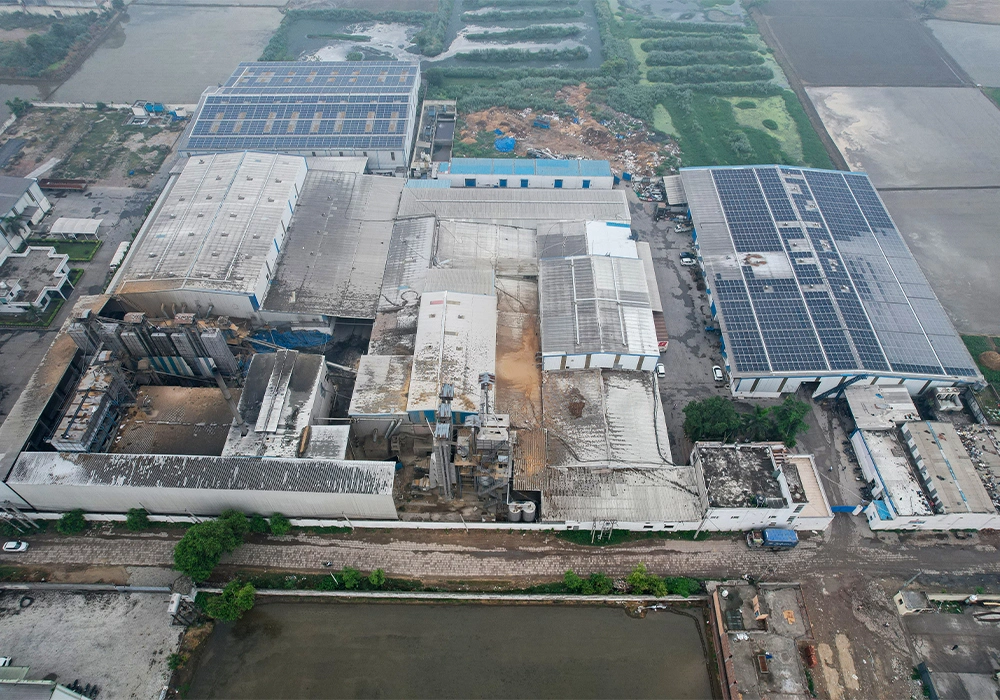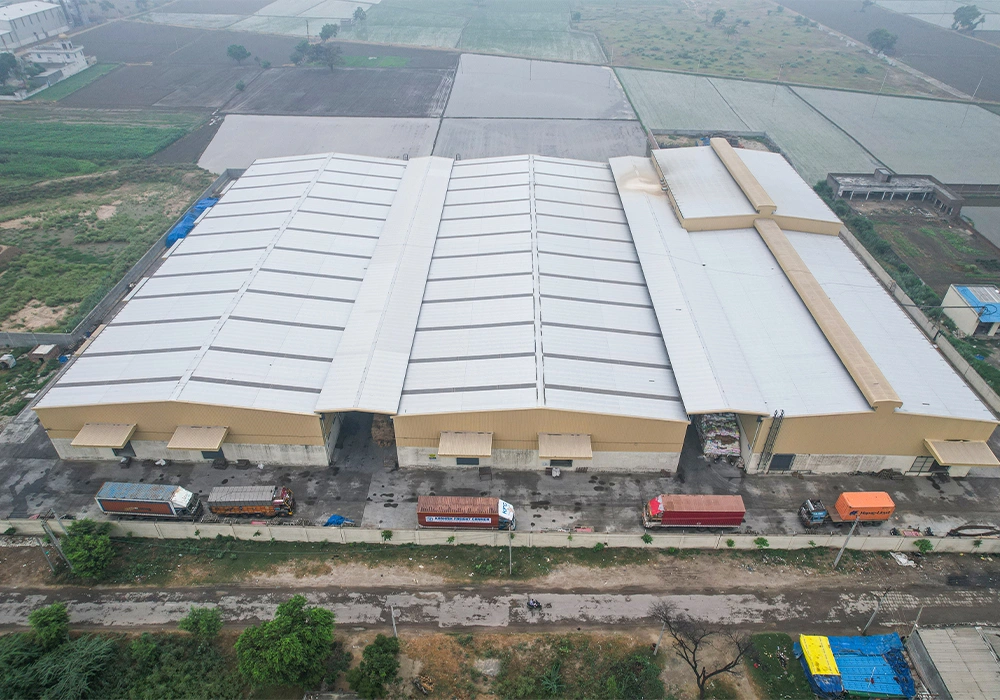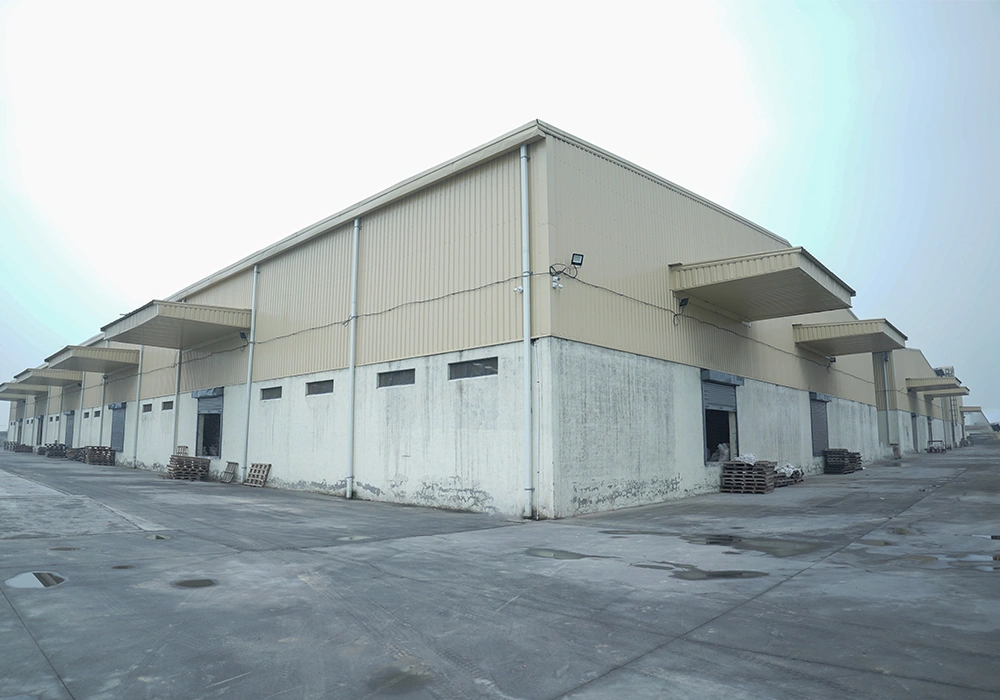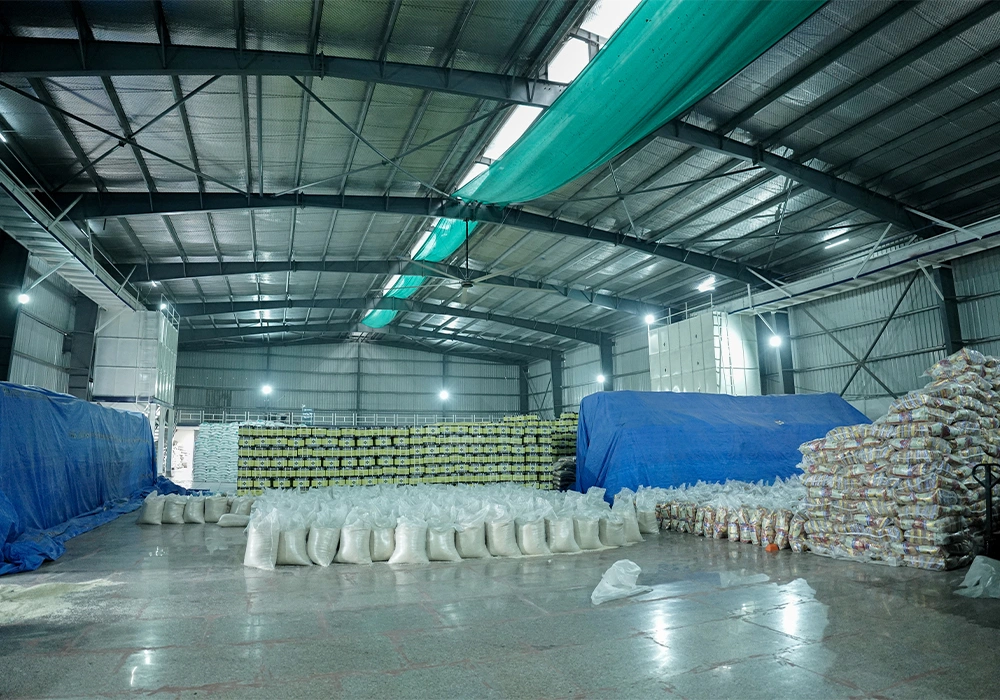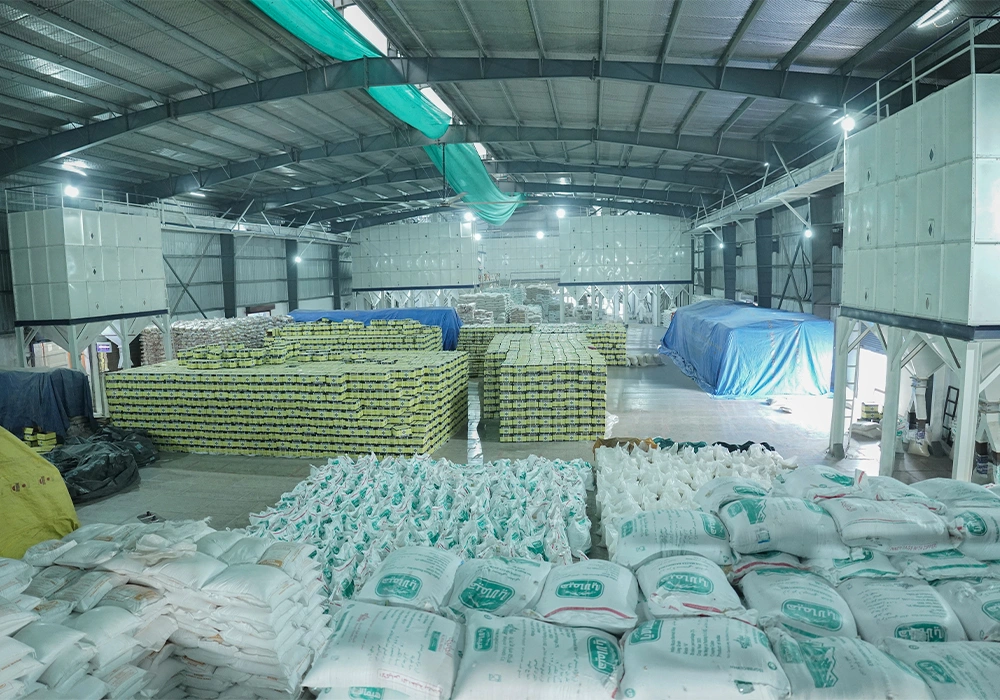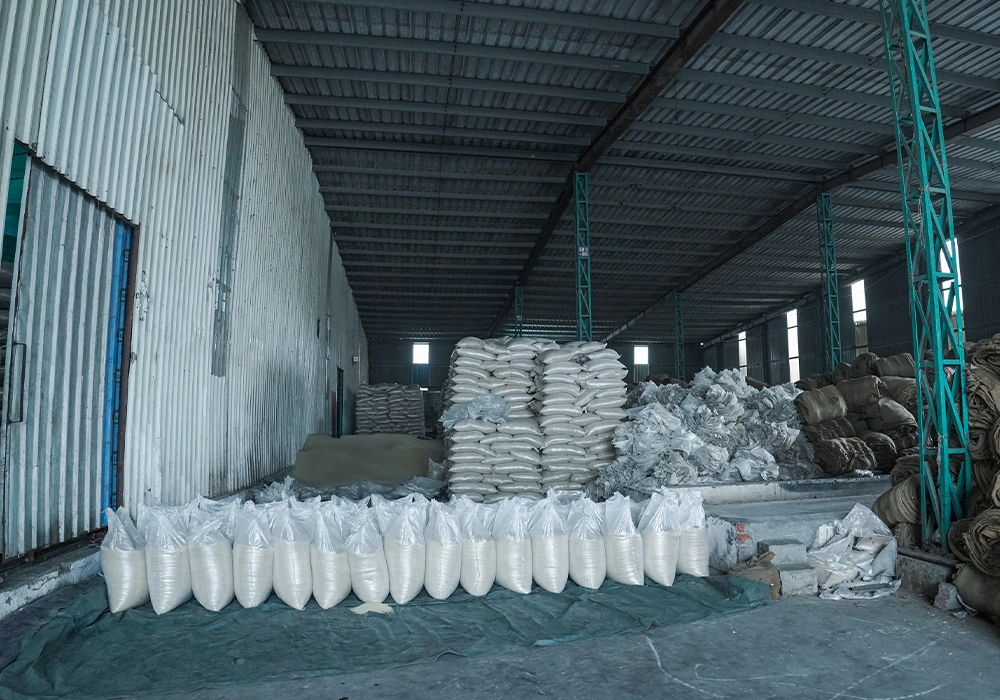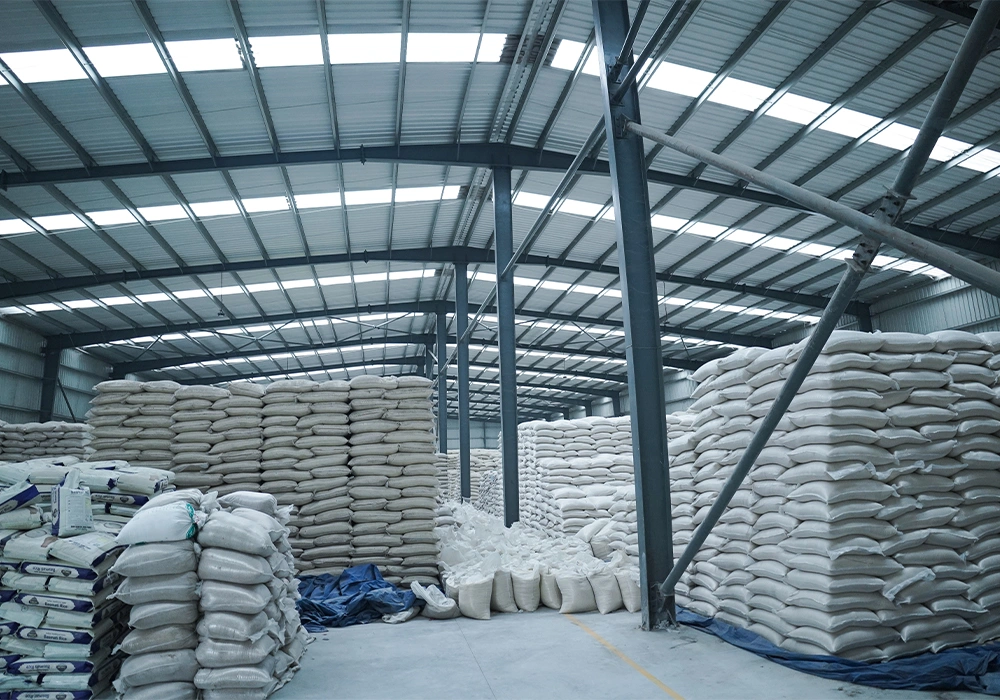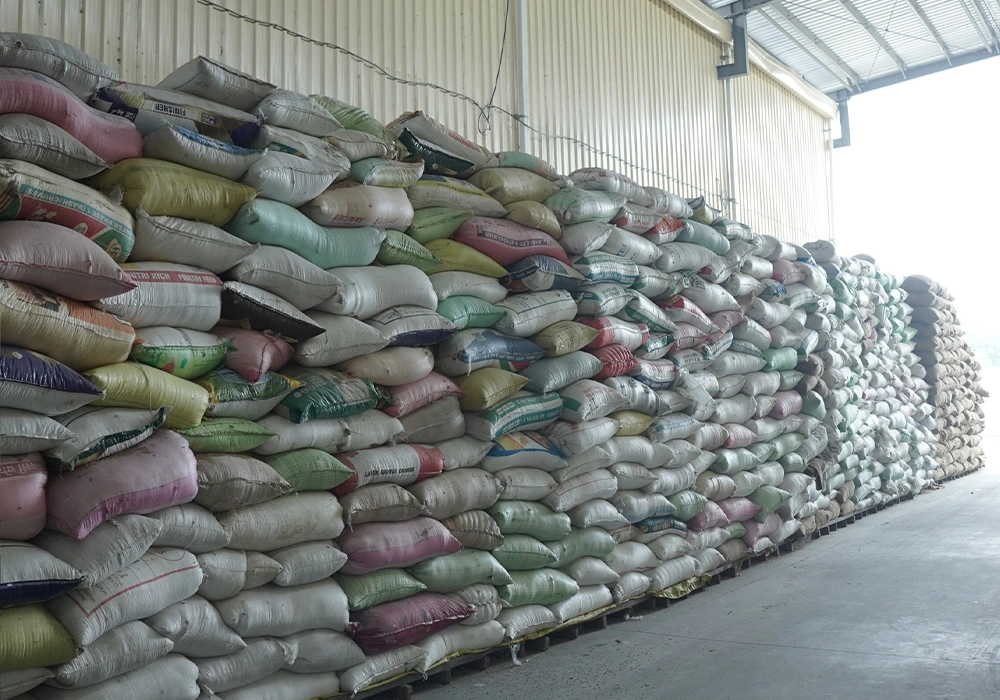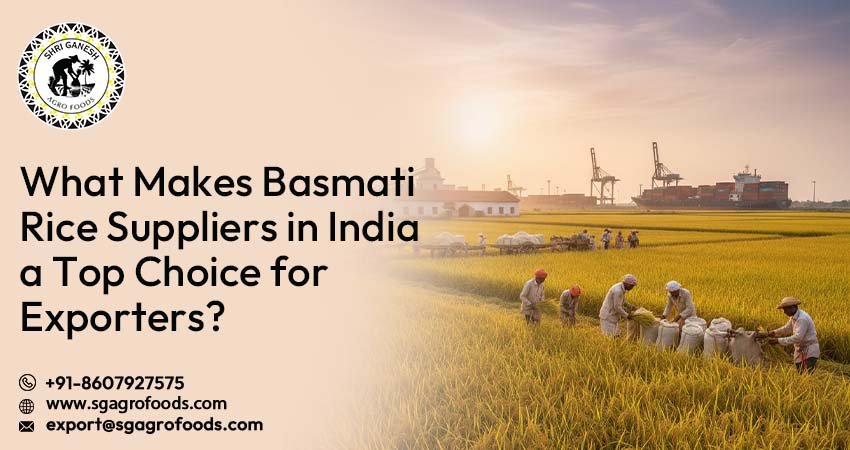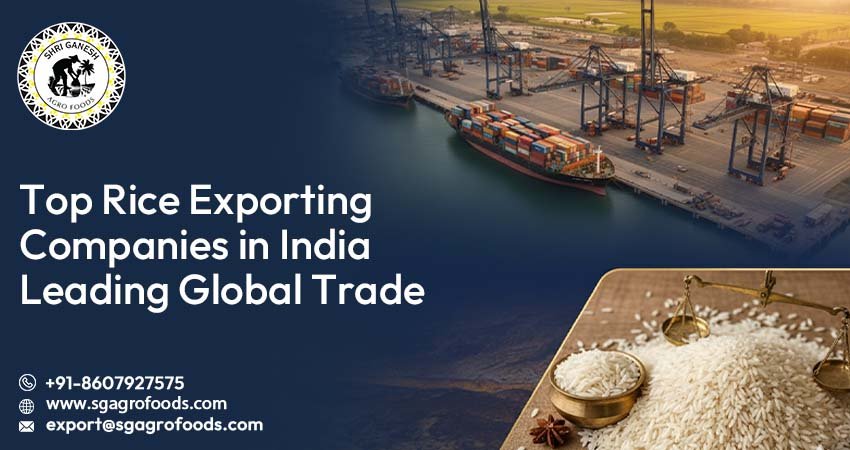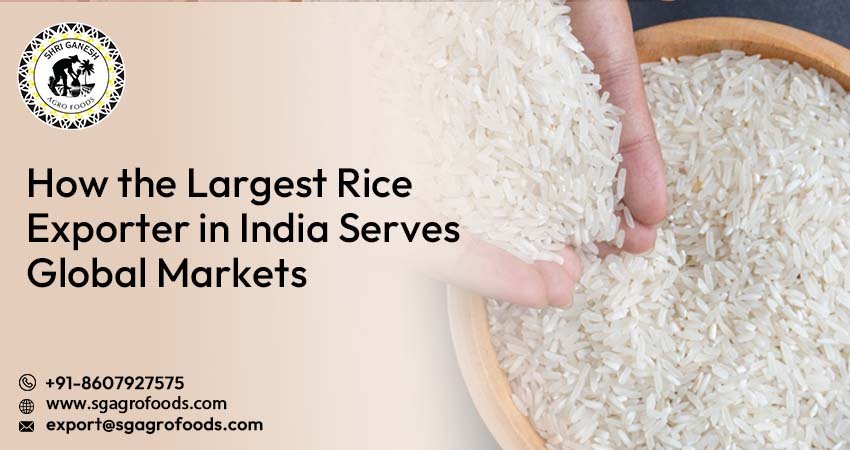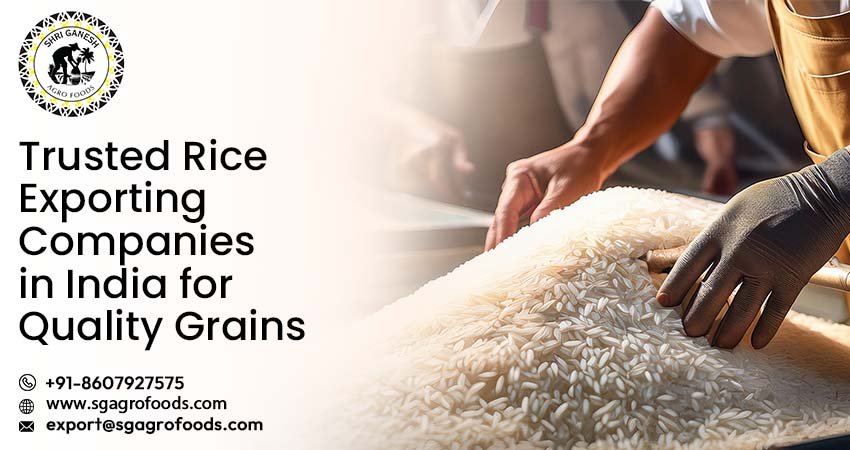
India is recognized as the land of rice. With soil, climate, and centuries of cultivation, it stands today as one of the largest rice exporters around the world. India’s aromatic basmati rice and non-basmati rice are among the many Indian rice varieties that are in demand in different corners of the world. And it is these reliable rice exporting companies in India that help uphold the reputation of Indian rice by ensuring every grain meets these high standards of purity, taste, and quality.
Why Is Indian Rice Preferred Worldwide?
India is known as the home of rice. Due to the fertile soil, climate, and centuries of rice cultivation, they are now recognized as some of the largest rice-exporting countries in the world. India’s aromatic basmati rice and non-basmati rice with their nutritional benefits are just some of the types of Indian rice that are desired throughout the world.
Advantages of Working with Rice Exporters in India
There are many advantages to working with experienced rice exporters:
1. Worldwide Shipping: Indian exporters will ship your rice via large-scale vessels and have firm supply networks to ship rice all over the world.
2. Cost: Indian exporters will make sure the rice is cost-effective due to bulk supply with consistent quality.
3. Sustainability: Many exporters are introducing sustainable packaging and growing practices to meet the global demands.
Challenges Found in the Rice Exporting Process that We Solve
The international food trading environment presents some challenges. Reliable rice exporting companies in India have answers to these matters.
1. Food safety concerns → Certified exporters fulfill international values that limit risk for contamination.
2. Customs or shipping delays → Exporters who have information in the process confirm that credentials and the logistics are smooth.
3. Unstable price variations → Exporters will classically provide stable pricing through contracts and dependable prices.
What You Should Consider When Choosing the Right Rice Exporter
1. Certifications & Compliance—Research whether the exporter has obtained ISO, HACCP, or other quality certifications.
2. Product Range – A larger portfolio would indicate the flexibility to satisfy varying market requirements.
3. Supply Capacity—The exporter must be capable of fulfilling a customer's small orders and/or bulk orders in a timely manner.
4. Customer Support – Communication and after-sales service are significant to extending a business's relationship to establish a long-term relationship.
Important Factors to Look for in a Rice Exporter
|
What
to look for |
Why
it matters |
What
to expect from Indian exporters |
|
Certifications |
Indicates rice is safe to consume;
clean and globally compliant |
It is licensed, i.e. ISO certified,
HACCP certified, FSSAI approved and appropriately permitted for export |
|
Varieties of Rice |
Ability to be flexible to the needs of
customers and/or markets |
Basmati rice, non-basmati rice,
parboiled rice, steamed rice and organic rice |
|
Processing & Technology |
Determines how fresh, durable and
appealing the rice is going to look and feel |
Modern mills, sorting, polished rice,
proper packaging |
|
Pricing & Contracts |
Willingness to keep pricing neutral or
predictable—does not fluctuate too dramatically |
Fair price for product in either
contract form for prices to be controlled or in bulk supplier cases |
Conclusion
Rice exporting companies in India play
a large role in providing nutritious cereal to families all around the world at
an affordable price, and, of course, selling rice is not the only thing they do—global rice exporters manage logistics and safety so that international
buyers will receive a trustworthy order.
If you are looking for a partner in this field, Shri Ganesh Agro Foods is trustworthy. The company has plenty of years of experience and modern milling facilities in order to produce high-quality rice. Shri Ganesh Agro Foods remains one of the best rice exporting companies in India, and with every grain, the company strives for excellence.

